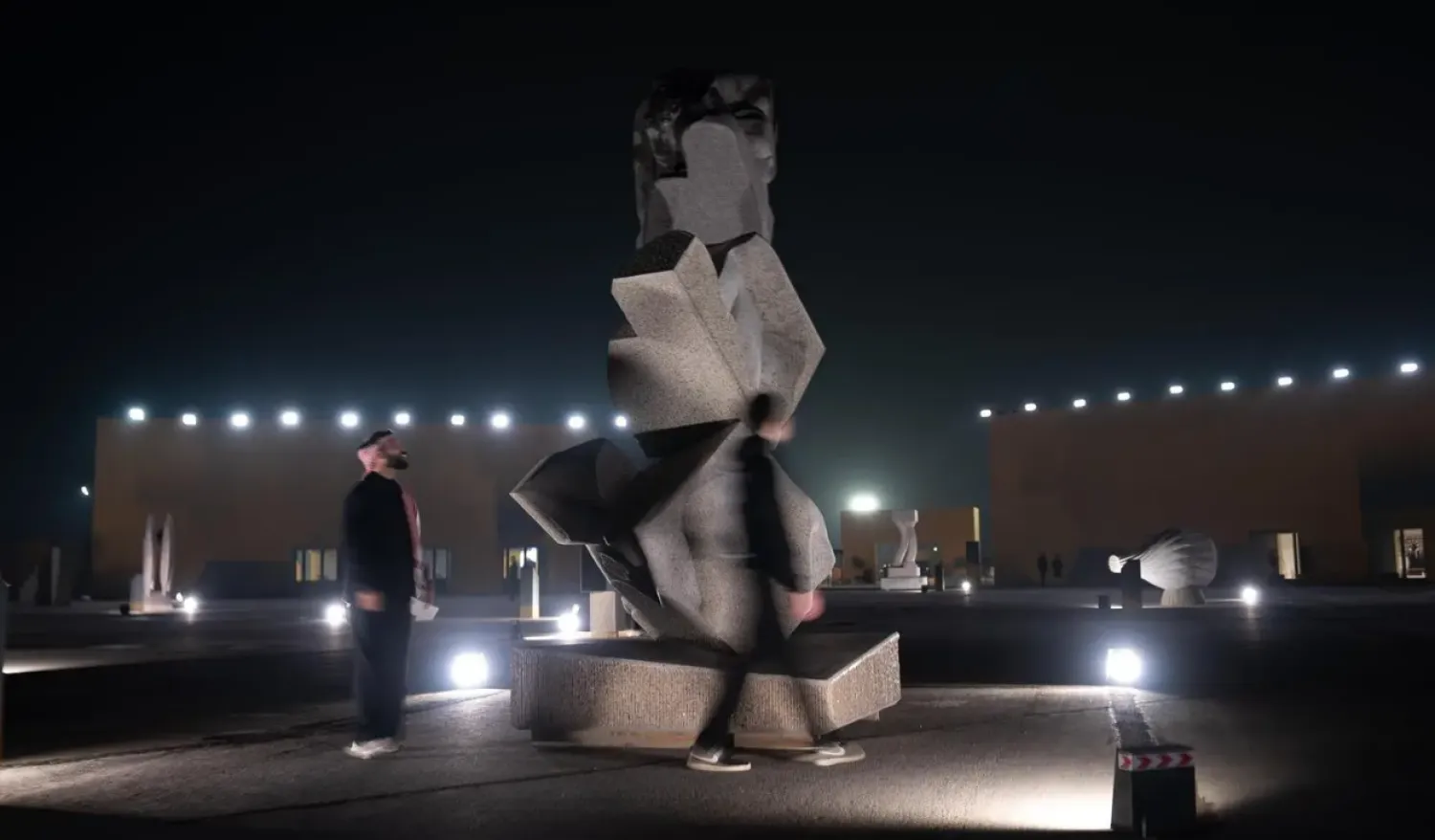Lebanon’s Caretaker Prime Minister Najib Mikati kicked off the “Tripoli the Capital of Arab Culture” celebrations at a formal event held at the Rashid Karami International Fair in Tripoli.
Attendees included Mohamed Ould Amar, Director-General of ALECSO, and Mohammad Wissam Mortada, Minister of Culture.
Ministers, deputies, ambassadors, and other notable figures also were also present at the ceremony.
Mortada told Asharq Al-Awsat that he believes the celebrations to be a once-in-a-lifetime opportunity for Lebanon and Tripoli.
“This is our chance to uncover Tripoli’s treasures in terms of people and landmarks. I’m stunned by the human and natural potential here. You’ll witness what makes Tripoli unique, and we’re doing it all with no funding,” said the minister.
Despite no budget, workers are determined to succeed. Young volunteers are eager to overcome obstacles and make the event a hit. Some see the coming months as Tripoli’s big chance to shine, while others feel funding issues should have delayed the festivities.
“Tripoli has suffered, but now, with activities starting, people will see what they've missed out on for years,” Mortada affirmed.
This year promises a packed schedule of cultural activities, some already underway for months. Organizations are competing to host programs, but the highlight could be cultural weeks organized by several Arab countries.
Qatar, Tunisia, Algeria, Iraq, Palestine, Morocco, Syria, and Oman have confirmed plans.
For Mortada, the aim is for more than just temporary celebrations; he wants to establish Tripoli as a permanent cultural capital of Lebanon.
The minister is not just dreaming; he's building on reality.
Tripoli boasts the Rashid Karami International Fair, a stunning architectural marvel. Spread across 70 hectares, it features unique conference halls, integrated buildings, and an experimental theater.
UNESCO recognizes its significance but also flags maintenance challenges and development threats.
Tripoli’s vibrant markets and river make it a unique destination. Its port is crucial for trade, with an economic zone stretching to Europe.
Mortada believes Tripoli could become Lebanon’s cultural tourism hub, generating revenue for the country.
“Tripoli is ready to play a vital role,” he asserted.









